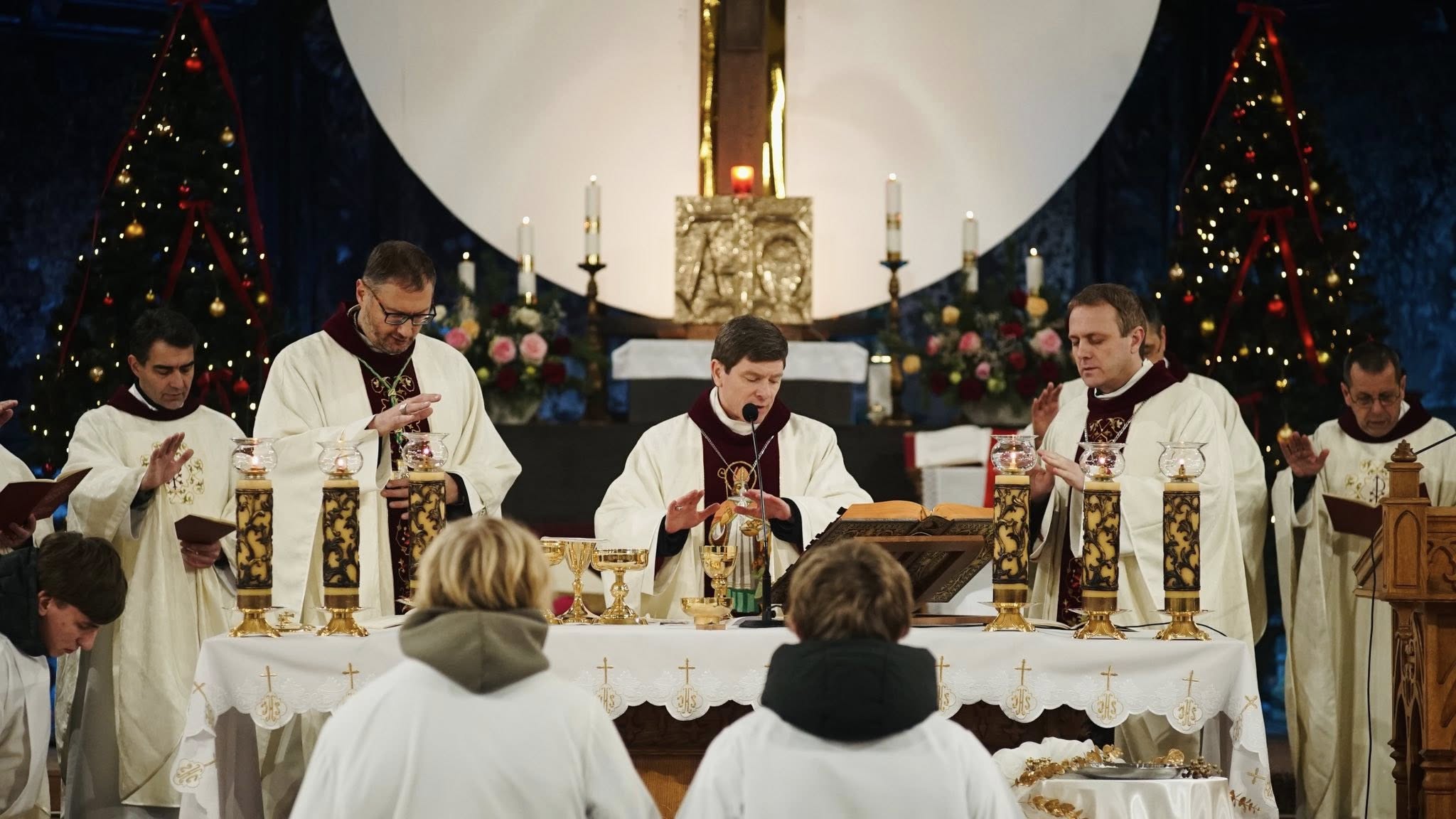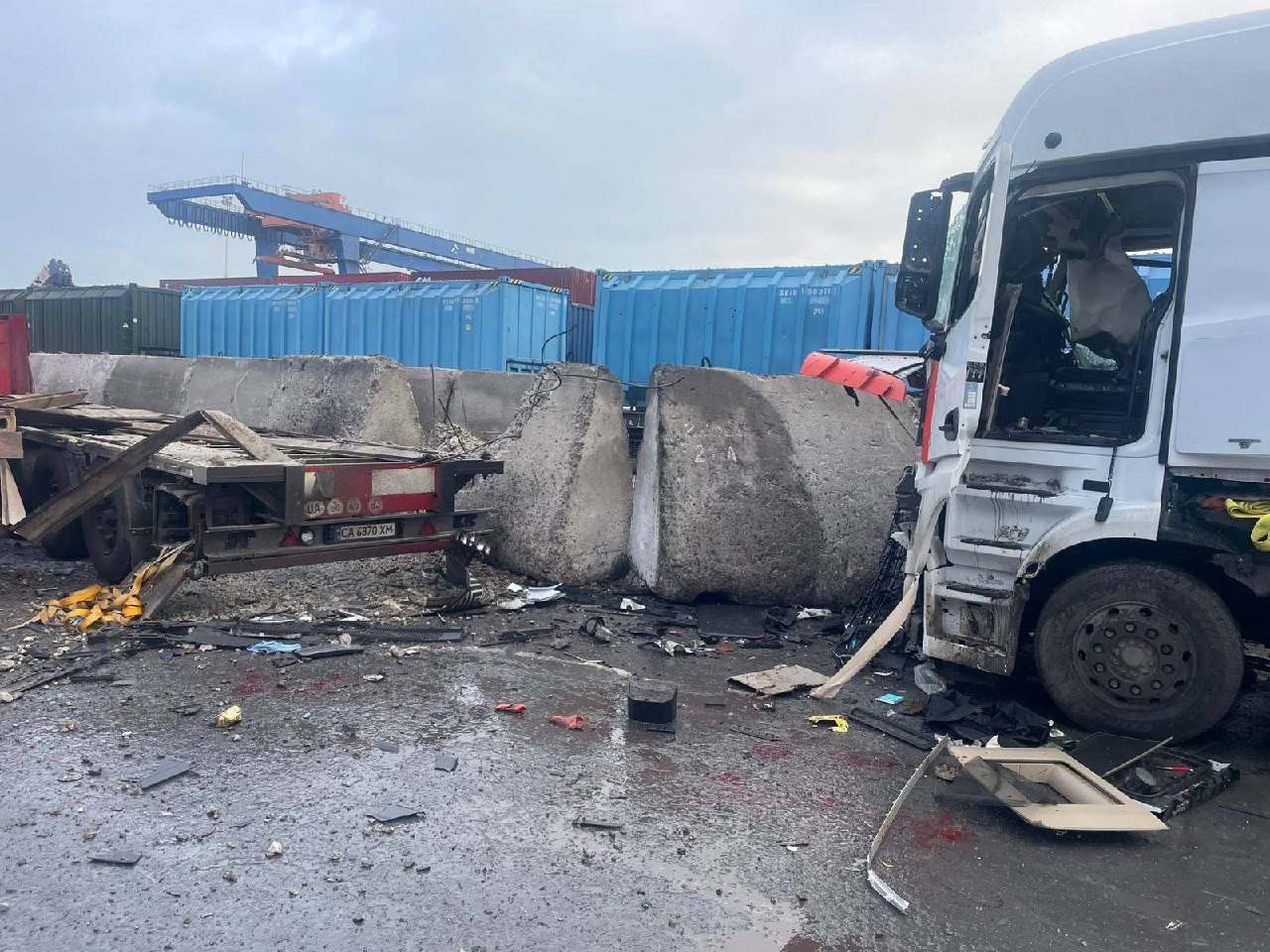The recent premiere of the opera project "Chornobyldorf" by composers Roman Grigoriv and Ilya Razumeyko brought us back to the Chernobyl trauma and showed another way to get rid of it, this time in the genre of post-apocalyptic "archaeological opera".
Composers Roman Hryhoriv and Ilya Razumeiko has presented a new project. Inspired by the stories of the Zwentendorf and Chornobyl nuclear power plants, they wrote the opera Chornobyldorf. The Archaeological Opera is the result of an international research, cultural and artistic project.
The world of Chornobyldorf is devoted to the study of imaginary culturological post-apocalypse. The project combines an archeological opera in seven short stories with multiple and open endings, a series of video performances created in expeditions to post-industrial regions (Pripyat, Kryvyi Rih and Energodar), an anthropological museum and an institute for the study of Chernobyl culture.
The opera features rare and ancient instruments: microtonal bandura and cymbals, alpine zither, harp, cantele, morin huur (Mongolian folk two-stringed cello), as well as a post-apocalyptic percussion instrument.
The project partner is the Mystetskyi Arsenal. The premiere of the opera in the took place within its walls.
The history of the opera began with an expedition to Zwentendorf on the Danube, a town located 50 kilometers west of Vienna. In 1978, a powerful nuclear power plant was built here. Due to mass protests by environmentalists and a national referendum it never started turning into a huge "investment vault" and technology museum of the 70s. Eight years later, in 1986, the Chernobyl nuclear power plant exploded in Polissya, Ukraine. The nuclear catastrophe divided the world and the history of mankind into "before" and "after" Chernobyl.
A mystical zone was formed around Chernobyl, which attracted the entire Polissya cultural area, becoming a unique ecological phenomenon. Instead, near Zwentendorf, the preserved silence of the Austrian province is preserved, except for a solar field and the Donau-Radweg line, a cycle path that stretches from the source of the river near the town of Donaueschingen to Budapest itself.
The creation of the opera will be based on the method of multilevel cultural and media archeology, expedition work and resident rehearsals. A large team will work on the opera: members of NOVA OPERA, artists from Ukraine and Austria.
Composer Roman Grigoriv
What is Chornobyldorf about:
Descendants of mankind, who survived a series of man-made, epidemic and climatic catastrophes, are building a post-apocalyptic settlement on the ruins of a nuclear power plant.
The anti-futuristic society of the distant future is trying to recreate the lost high-tech world with the help of archeological rituals, instructions for which they find in the "Chornobyldorf Code", a bizarre treatise of the atomic age.
The post-apocalypse man will follow the records of the found code. It will try to reconstruct fragments of once outstanding music and philosophy, turning the formulas of radioactive decay into microtonal harmonies, ancient folk instruments into sonorous generators and laboratory instruments, mixing fragments of Christian masses with pantheistic rites and polyphonic folk songs. In this case, the universal signs and symbols, once again misinterpreted, will gradually dissolve in the white noise of nature.
Composer Ilya Razumeiko
Project "CHORNOBILDORF. ARCHAEOLOGICAL OPERA" is supported by the European Union under the House of Europe programme.
Composers: Roman Grygoriv / Illia Razumeiko
Producers: Olga Diatel / Georg Stecker
PR and Media: Lidiya Karpenko
Organizers: PORTO FRANKO, NOVA OPERA, Musiktheatertage WIEN
Partners: House of Europe, Mystetskyi Arsenal, Austrian Cultural Forum Kyiv, INSHI
NOVA OPERA is a group of young Ukrainian artists the aim of which is search for new ways of developing of music theatre. It was founded by director Vlad Troitskyi in 2014. Musicians create the new synthetic genres and experiment with untypical music and stage performances. The music language of the performances hasn’t got any aesthetic borders and freely unites avant-guard and rock, Gregorian choral and trip-hop, new baroque and folk improvisations.
In 2022, "Chornobyldorf" will be shown in Vienna. Rotterdam and Venice have already shown interest in the project.
Source & Photo: Chornobyldorf. Archaeological opera





















